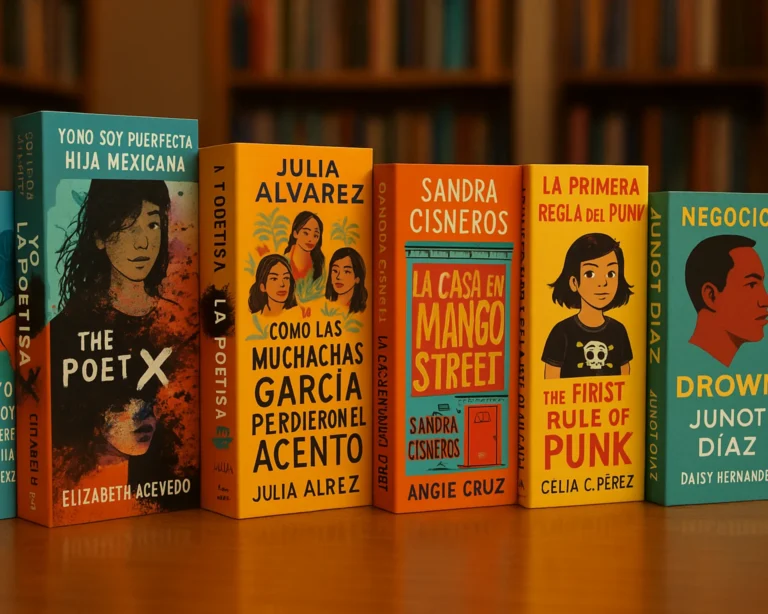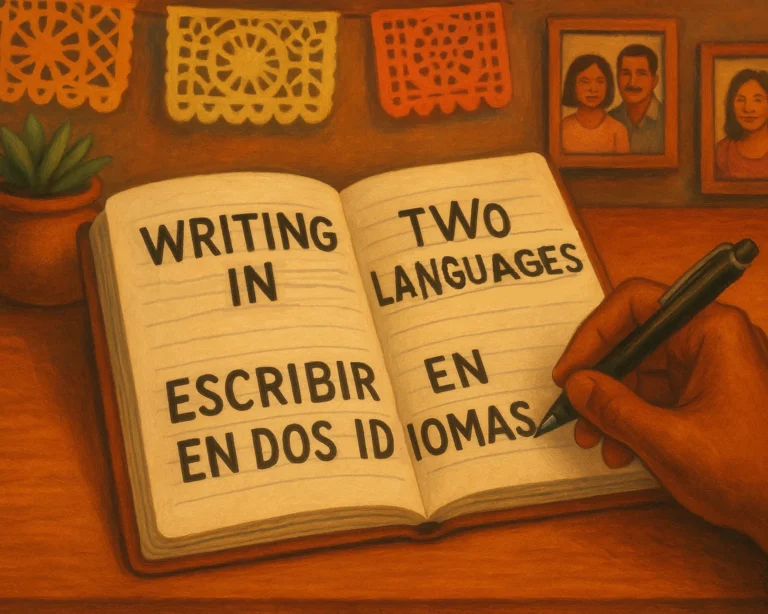In literature, stories are more than just words on a page—they are the embodiment of culture, history, and identity. For the Latinx community, storytelling is a powerful tool that connects us to our roots, our struggles, and our triumphs. From traditional tales passed down through generations to contemporary works challenging societal norms, Latinx voices in literature are reshaping the literary landscape and inspiring readers across the globe.
The Legacy of Latinx Storytelling
Storytelling has always been central to Latinx culture. In many Latin American countries, oral traditions like cuentos (stories) and leyendas (legends) are passed down from generation to generation, preserving cultural beliefs, values, and historical events. These tales often blend elements of mythology, folklore, and real-life experiences, offering rich insights into the diverse experiences of Latinx communities.
For centuries, the voices of Latinx writers have been crucial in shaping the narrative of the Latinx experience in the United States and abroad. Authors like Gabriel García Márquez, Sandra Cisneros, Julia de Burgos, and Junot Díaz have given life to the stories of love, loss, migration, and resilience, often through vivid and evocative language. Their works, deeply embedded in cultural identity, reveal the nuances of navigating both Latinx and mainstream American identities.
The Power of Storytelling in Latinx Literature
One of the most remarkable things about Latinx literature is its ability to transcend boundaries—whether cultural, linguistic, or geographic. Through storytelling, Latinx writers can express complex emotions, offer a window into the heart of their communities, and spark dialogues that challenge stereotypes and misconceptions. This ability to use words as a vehicle for change is why Latinx voices in literature are so impactful.
Latinx authors have a unique opportunity to illuminate the richness of their cultural traditions while addressing universal themes such as love, family, justice, and identity. Whether it’s through exploring the intricacies of intergenerational relationships, the experience of immigration, or the struggle for self-acceptance, these stories offer powerful insights into the human experience.
Contemporary Latinx Writers Breaking Boundaries
While the Latinx literary tradition is rich with history, today’s Latinx authors are pushing boundaries in new and exciting ways. Writers like Cristina Henríquez, Richard Blanco, and Erika L. Sánchez are capturing the complexities of modern-day Latinx life, addressing issues such as mental health, migration, and cultural assimilation with authenticity and vulnerability.
In addition to writing in both Spanish and English, many contemporary Latinx authors are experimenting with different literary genres, from poetry to memoir to speculative fiction. This blending of forms allows for a more dynamic exploration of Latinx identity, while also broadening the appeal of their work to diverse audiences.
Why Representation Matters
Representation in literature is crucial, not just for validation, but also for visibility. For far too long, the stories of the Latinx community have been underrepresented in mainstream literature. By increasing the presence of Latinx voices in literature, we not only create more opportunities for writers but also provide young Latinx readers with role models and mirrors in which they can see themselves reflected.
When Latinx stories are told by Latinx writers, they offer an authenticity that resonates deeply with readers. These stories can serve as tools of empowerment, reminding Latinx communities of their strength, resilience, and ability to overcome adversity. For readers from other backgrounds, these stories provide a much-needed window into the lived experiences of their Latinx peers, fostering empathy, understanding, and cultural appreciation.
Conclusion: The Future of Latinx Storytelling
The power of storytelling lies in its ability to connect people across time and space. As Latinx voices continue to make their mark on the literary world, we are reminded of the importance of sharing our stories—stories that matter, stories that heal, and stories that inspire.
At the Latino Writers Collective, we are committed to amplifying these voices and celebrating the rich tapestry of Latinx literature. As more Latinx writers continue to emerge, we look forward to a future where the power of storytelling in our community can thrive, shape culture, and make an indelible impact on the world.


